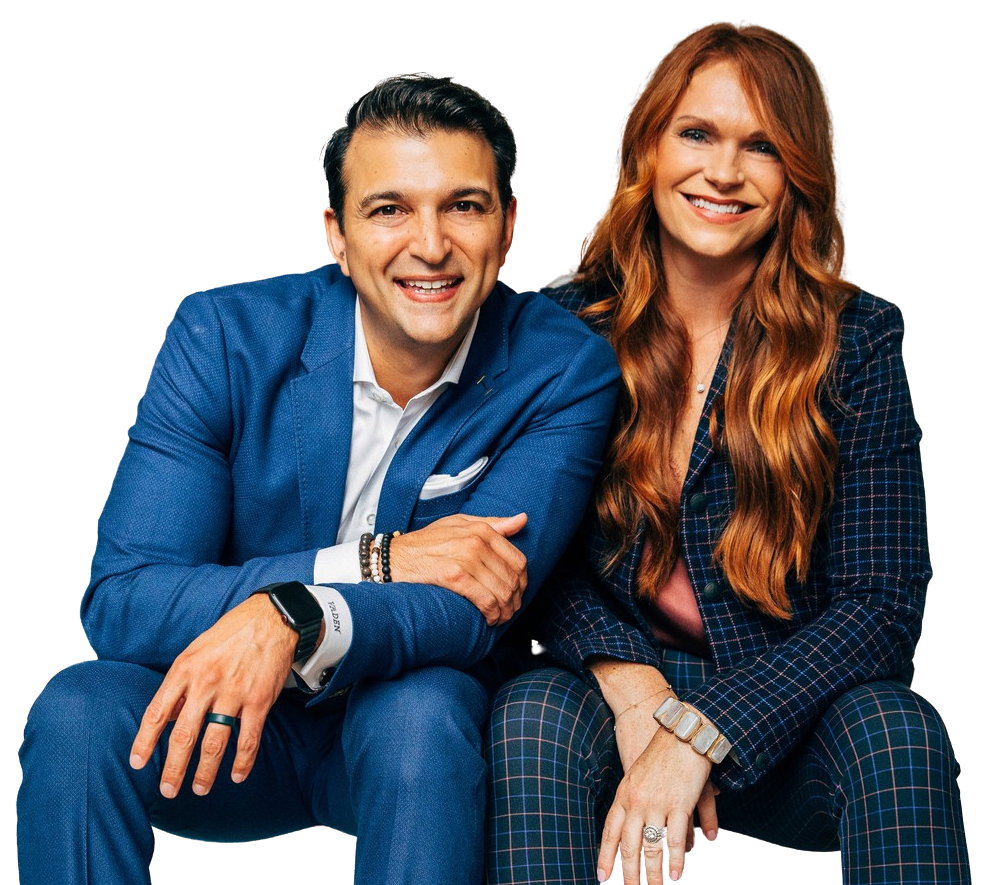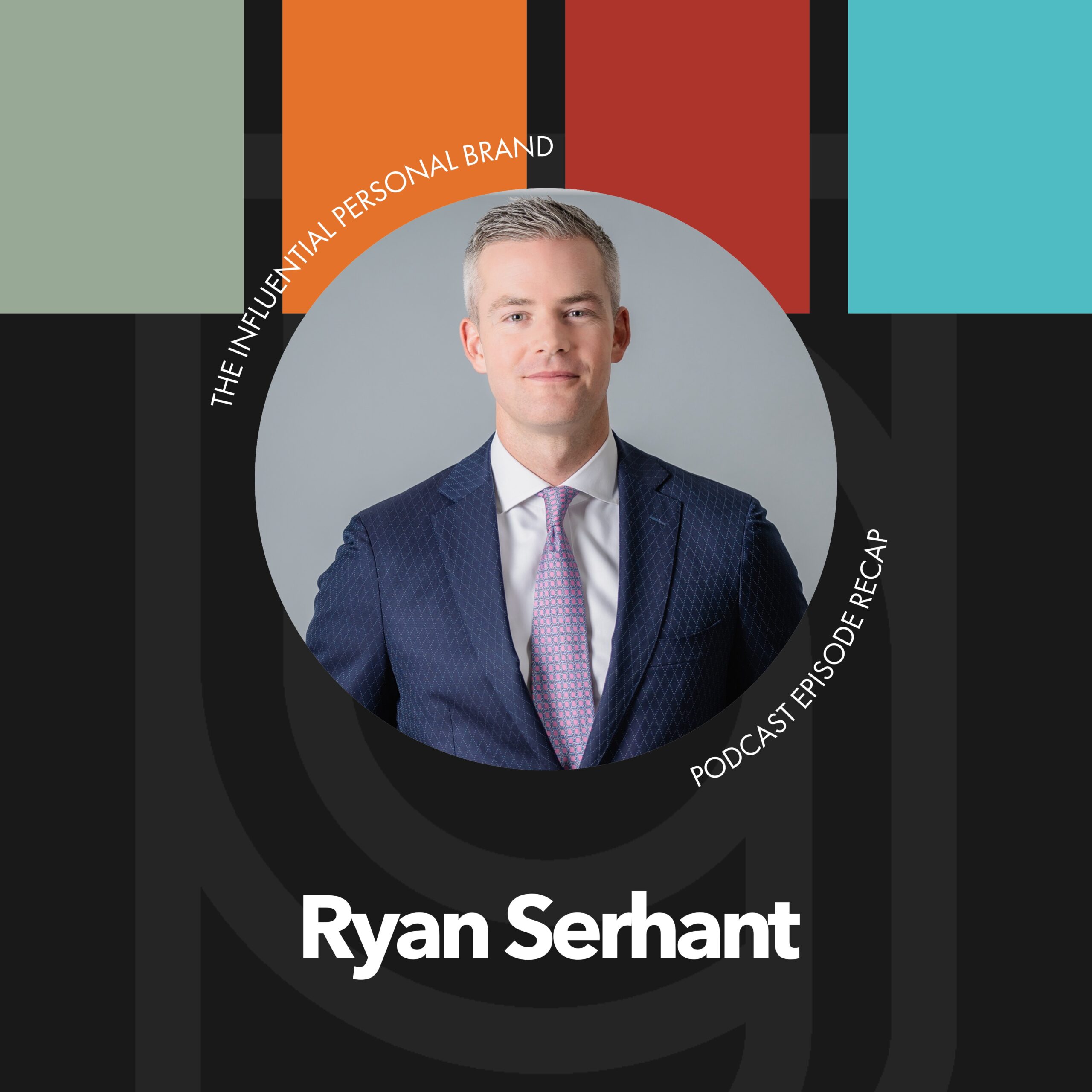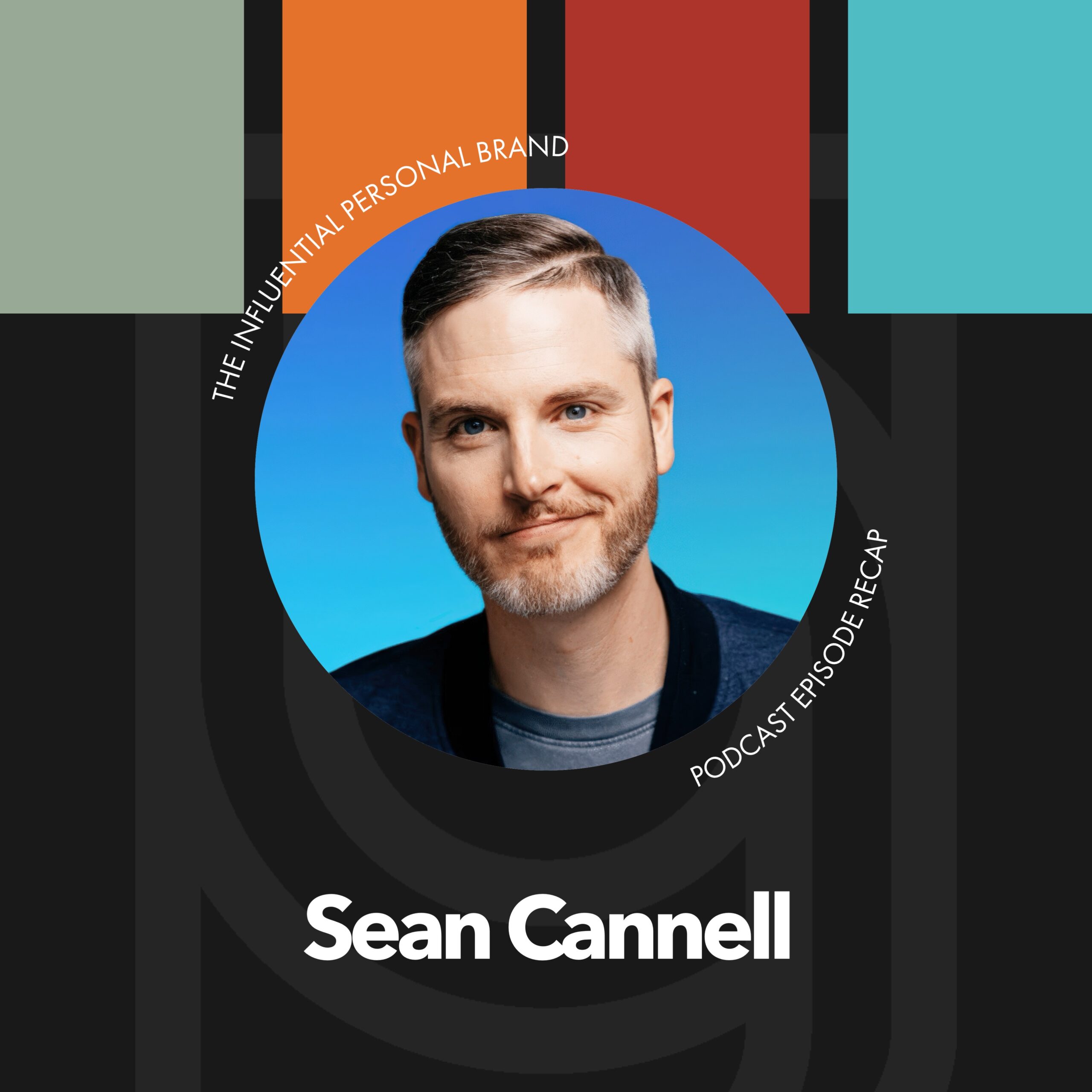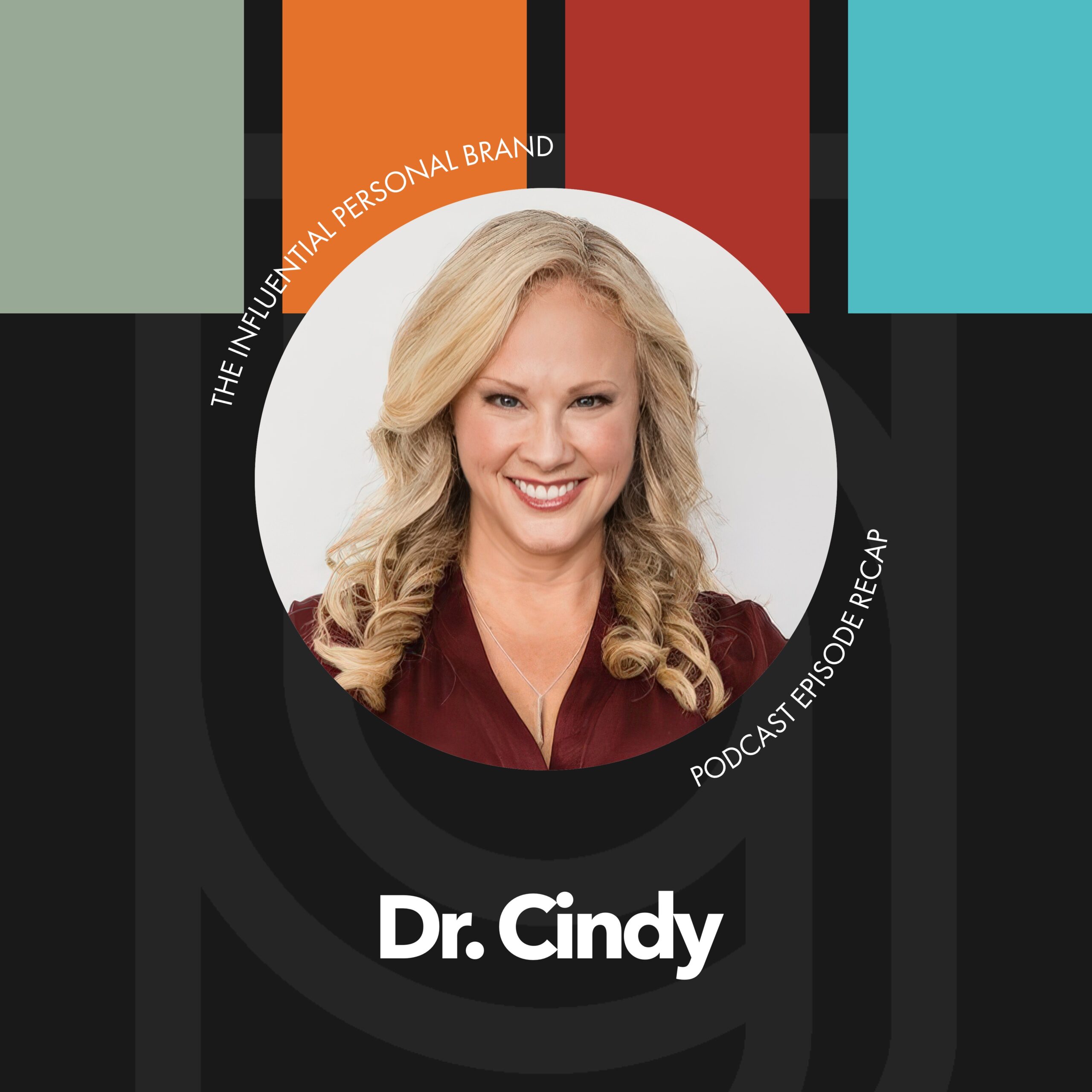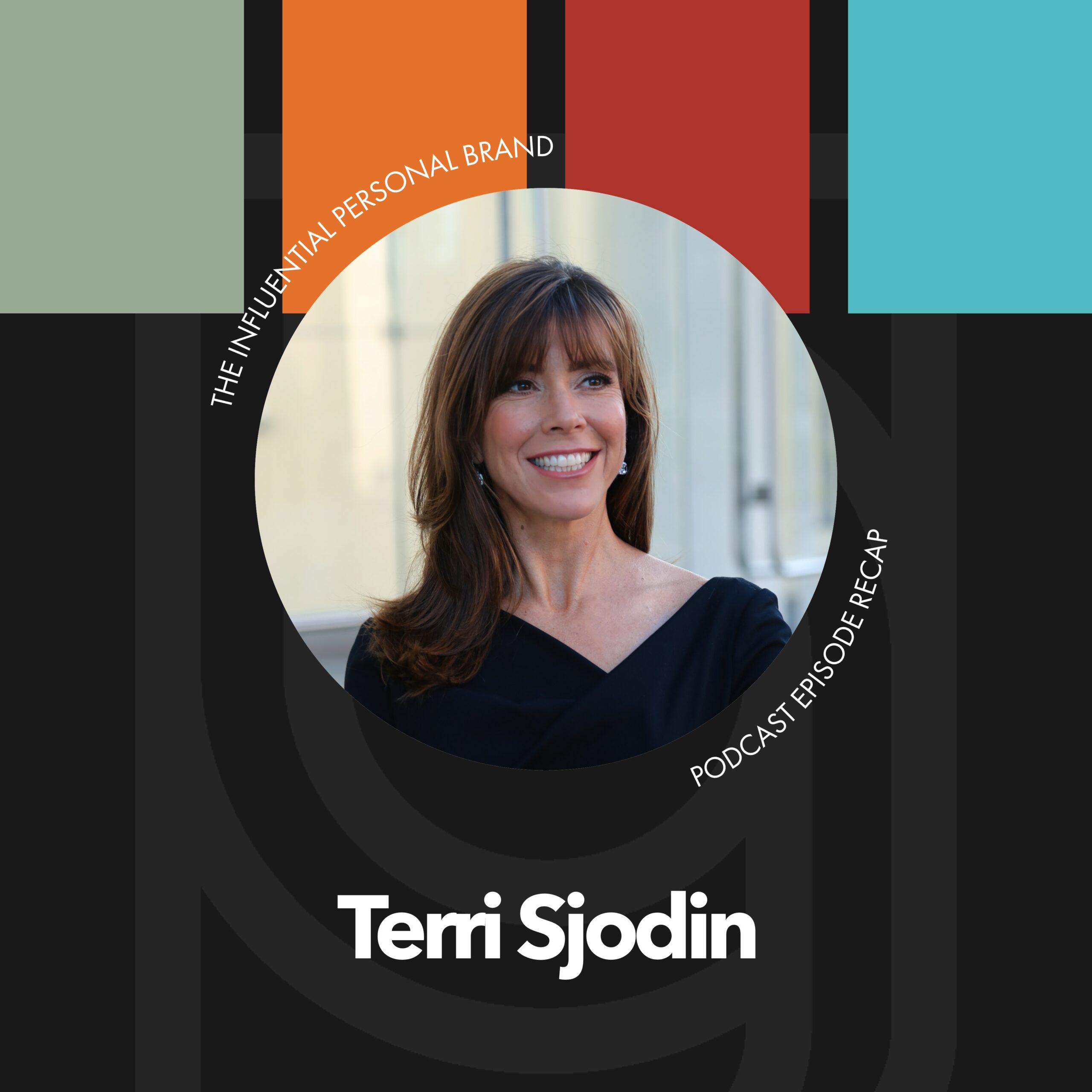AJV (00:02):
We’re gonna talk about mindset today. And specifically we’re gonna talk about the entrepreneur mindset. And I’ve got five quick things that I wanna hit on to help you develop a rock solid entrepreneur mindset. And even if you are not a, you know, definitive entrepreneur, I wanna create an entrepreneurial mindset that no matter what you do, what role you have or title you possess, that these five characteristics can go with you anywhere you go. Because having an entrepreneurial mindset really just means you have an ownership mindset. And I don’t mean ownership of a business, I mean ownership over a task, ownership over a person, right? In terms of like owning, like what you’re gonna do in order to develop, develop, and lead that person, it’s over a project, or it could be over a business, but it is an ownership mindset. That’s what I need mean by an entrepreneur mindset.
AJV (00:59):
So number one, build as you go. That’s the first thing. Don’t wait until it’s perfect. It’s not going to be, so you must build it as you go. There’s this great analogy, actually, I saw a picture of this on Instagram so, so many years ago, and it was a picture of an individual who had jumped off a cliff and they were building the airplane as they fell. And the, the caption read below the life of an entrepreneur, right? Building the airplane after you jump off the cliff. And that’s a little bit of the ownership mindset of like, no matter how it goes, I’m gonna own it. I’m gonna own the successes, own the failures, but I, most importantly, I’m going to own the process of building it as we go and knowing that it’s always going to have opportunity to improve and be better.
AJV (01:44):
And we will do so as we go. But I’m not going to wait to launch. I’m gonna own what I’ve got and I’m gonna go and I’ll make it better as we continue. Number two, be a salesperson first. The ownership mindset is the, the key to all business is to make more than you spend , right? That’s how you have profits. And that means you gotta have a sales person mindset. And every single role any good customer service person is also a good salesperson. They know how to listen. They know what questions they ask. They know when to pause. They know when to talk. But most importantly, they know how to get to the root of the problem and offer a solution, right? Same goes for recruiting. Any great recruiter is a great salesperson. They know what questions to ask. They figure out what the person wants, and they know how to connect the dots. Anyone who is great at communication is a great salesperson, right? There’s a term like influencer has a lot to do with influence, right? They have become the conduits. They, they are the market representatives of products and services. They are salespeople. They are spokespersons selling things for other
AJV (02:59):
Companies. ’cause Other companies have said, my gosh, they’re better at selling this than we are. They have more influence than we do. They have become great salespeople. So in an ownership and an entrepreneur mindset, you have got to, to own and take on the abilities and the responsibilities of being a great salesperson for your company, your products and your services. Number three, grow only as fast as you can. Serve your community. IE your clients and your employees. Grow only as fast as you can. Serve your community. Some of the greatest stories of all time about companies who have had enormous growth in unbelievable timeframes and in a devastatingly sad story of how they imploded that’s most of the docuseries out right now are about that. And I won’t list any of them specifically, but there are story after story after story about this monumental mind blowing growth.
AJV (03:57):
Only to watch it come to a tumbling disaster. A pile of rubble in the end because they outgrew their ability to serve their customers in a good and decent way. Right? Now, that’s not just their own customers, that’s also your employees. Don’t outgrow your capacity to take care of your people. So if that means you need to slow growth down, slow it down so that you can do it right? You don’t have to grow fast. There’s no accolades and fast growth, although seemingly that’s what people talk about in the market often fast growth is worrisome to me of going, do you have the infrastructure in place? Like if you’ve grown that fast in that short amount of time, like, do you really have all the systems in place? Like, can I see a little bit more into the, you know, under the cover now, under the hood, grow only as fast as you can serve your people, your community.
AJV (04:51):
That’s your employees and your customers. Number four, hire a players only if they are not an A player, don’t hire ’em. You gotta have a players in every single role of your company. This whole idea of the weakest link, why do you have weak links? Why? Why do you have those? I have no idea. I’m not saying that we haven’t had weak links. I’m just saying like, be cognizant of hire a players. An A player can do the job of three C players. So hire one phenomenal person. Pay ’em every single thing that they’re worth and it will save you three other positions. Hire top talent. Hire A players. Don’t settle. Hire the person that can help you grow, help you take it to the next level. Hire top talent. Hire A players. I cannot say that enough on repeat. And then number five, focus on being better over bigger. This is one of my favorite stories to tell right now. And it’s funny ’cause I don’t even remember the book that I read this in last year but I, that’s
AJV (05:57):
Not true. I think it was called To Create, it was a book called, called to Create. And they were telling this amazing story about Truitt Kathy, who’s the founder of Chick-fil-A And it was in the late mid or mid to late 1990s. And there was apparently this, you know, once of kind of like once of a lifetime boardroom meeting with Truit Kathy, who I, I did not know personally clearly, but was known to be a very calm executive. But in this particular meeting they were meeting about a competitor company called Boston Market, who had come on the scene and was growing at an expedient rate, taking up massive market share. And they were on the track to being a a billion dollar company at this point. I think Chick-fil-A was maybe like $400 million. Don’t quote me on the facts here, I’m recalling from memory.
AJV (06:46):
But they were in this conversation about how all these other Chick-fil-A executives were wanting to talk about, well, how do we grow market share? We need to open more stores. We need to do this and do this. And uncharacteristically of Truitt Kathy, he bangs his fist on the table and he said, we’ll have no more talk of this. The only thing that we need to talk about is how do we become better? We don’t need to become bigger. We need to become better and let our audience demand that we become bigger. And this saying has become a mantra at Brand Builders Group because who says you need to be bigger? Who says scale is better? That’s not necessarily the case. And I love this story with Truitt Kathy, because less than a decade later, Boston Market had filed bankruptcy. But Chick-fil-A was now a billion dollar company.
AJV (07:41):
When you focus on becoming better at what you do, you force your customers to talk about you more in the best way. Better quality products, better quality team members, better quality experiences. That’s how you grow. That’s how you become bigger, better, makes you bigger. Bigger does not always make you better, but better, almost always makes you bigger. So focus on being better at what you do, not just being bigger. Focus on better teammates, better training, better experiences, better service, better programs, better products, better services, better, better, better. And then let your audience demand that you get bigger because they want so much of it.






